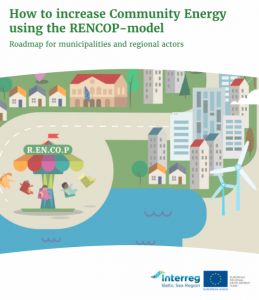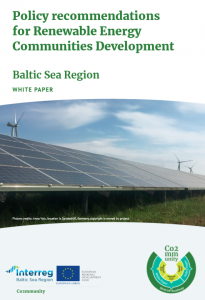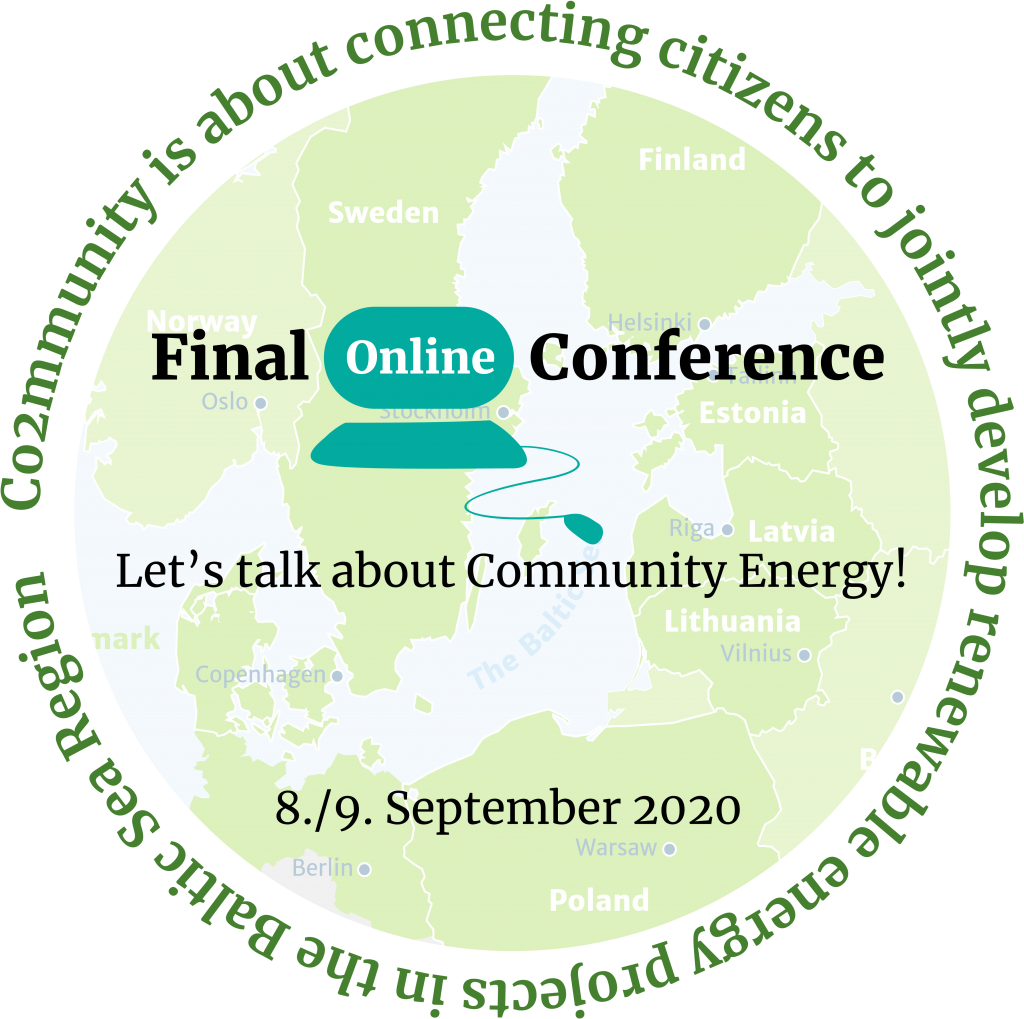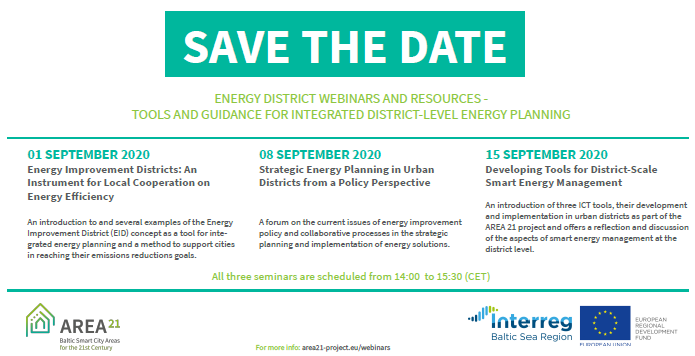New policy recommendations help countries in the Baltic Sea region seize the potential of community energy
Community energy can empower people and enable the low-carbon transition. A new set of recommendations released today can help policy makers in the Baltic Sea region unleash the potential of community energy.
Community energy has many advantages. First, it provides jobs and economic opportunities to the local community. Second, projects rooted in the local community are more likely to gain acceptance, enabling the investments needed to tackle the climate crisis. Third, it can strengthen social ties – especially in communities that feel left behind.
Despite the great potential, community energy is held back by various barriers. For example, most countries lack a clear vision and targets for community energy. Unstable policies increase investment risk and bureaucracy increases costs and slows down projects. Additional barriers include e.g. lack of knowledge and skills as well as difficulties in accessing financing.
The set of ten policy proposals released today can help policy makers in removing barriers to community energy. The proposals developed in the Co2mmunity project are based on research literature, practical experiences of projects and a broad consultation with experts and stakeholders in the Baltic Sea region.
For example, adopting ambitious targets for community energy – like in Scotland – can drive progress. Authorities can streamline permitting and grid connection procedures. Policy makers can also guarantee community energy projects access to affordable financing through e.g. loan guarantees and low-interest loans.
One successful model comes from the Danish Renewable Energy Act which requires offering at least 20% of the shares of wind power projects to the local community. When local people are involved from the beginning, projects are much more likely to move ahead.
The 10 policy proposals
- Set targets and plans
- Create a stable policy framework
- Eliminate regulatory barriers
- Involve local people
- Ensure access to funding
- Provide targeted support
- Phase out harmful policies
- Provide platforms for CE
- Create awareness and provide training
- Improve the knowledge base
Background
Community energy refers to energy projects in which local people play an active role together. It covers the production, distribution and storage of electricity, heat and fuels from renewable sources. Local citizens can e.g. initiate, own and run projects through cooperatives and SMEs.
The European Union recognises the importance of community energy. For instance, the directives on electricity markets and renewables incorporate community energy and specify requirements for the Member States. The European Green Deal states: “The clean energy transition should involve and benefit consumers.”
Co2mmunity is a project bringing together 15 organisations in the Baltic Sea region. The mission is to facilitate community energy project development as part of a transition to renewable energy sources. The project is partly funded under the INTERREG programme by the European Regional Development Fund. Co2mmunity covers the eight EU countries in the Baltic Sea region: Denmark, Estonia, Finland, Germany, Latvia, Lithuania, Poland and Sweden.
For more information contact Gerlind Wagner-Vogel via info@co2mmunity.eu
See the full document outlining the proposals in English here or find the document in your language in the download area.




